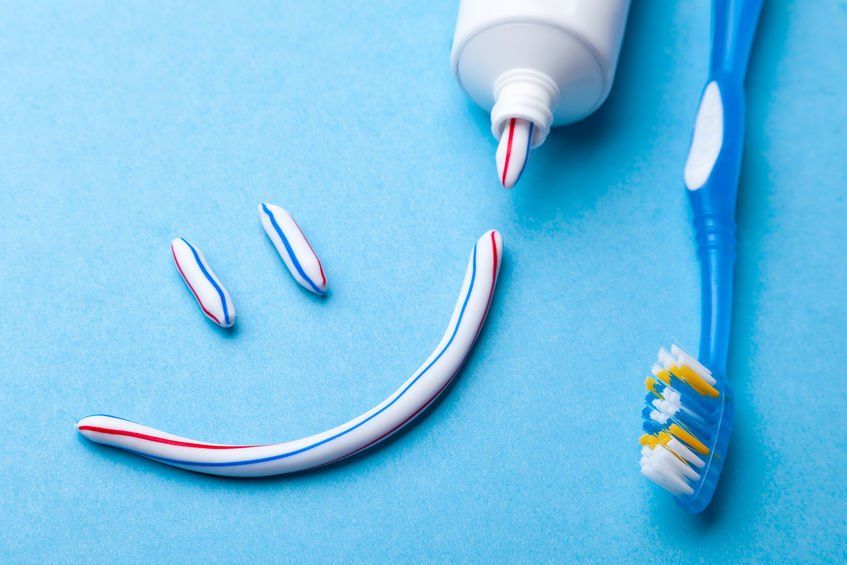How to Keep Your Smile Feeling Fresh After Your Cleaning
- By Mary Marks
- •
- 30 Jul, 2020
- •

If you have just hadsedation dentistry Denver professional dental cleaning, you surely want to maintain that whiteness and freshness until your next cleaning sessions. Pearly whites tend to become stained and discolored easily, but fortunately, there is a lot that you can do to keep your smile shiny and beautiful – here are some:
- Pay attention to cleaning – brush your teeth at least two times a day, use your dental floss every day before you go to bed and swish with a good quality mouthwash each time after you clean your teeth;
- Limit your consumption of acids, sugar and staining foods and beverages – chocolate, many fruits, coffee, red wine and carbonated beverages can discolor your teeth, while sugar can contribute to the formation of dental plaque and cavities. Try to reduce your consumption of these foods as much as you can and make sure to carry a toothbrush and toothpaste in your purse to be able to quickly clean your teeth if needed;
- Chew sugar-free gum – chewing gum will keep your breath fresh and will gently clean the surface of your teeth. However, do not replace rigorous dental cleaning with gum chewing – your gum can provide just a quick, temporary solution.





Although oral sedation dentistry Highlands Ranch is one of the optionsavailable for managing anxiety and discomfort during oral surgery, you certainly do not need to use it all the time. As a matter of fact, the exact type of sedation or anesthesia that you receive during oral procedures may depend on various factors, such as the complexity of the procedure, your medical problems, as well as your doctor’s preferences.
There can be several different levels of sedation that can be used in oral surgery. Local anesthesia is one of them. This involves injecting anesthetic medication into the specific area where the surgery will take place. It numbs the area and is often used for less invasive procedures.
Oral sedation involves taking medication in the form of a pill to induce a state of relaxation and drowsiness. The patient is still conscious, but he/she may not be fully aware of the procedure. At any rate, sedation helps him/her get rid of anxiety.
In the case of intravenous sedation, medication is administered through a vein, which induces a deeper state of sedation than oral sedation. Patients may still be conscious, but they are less aware of their surroundings and may not remember the procedure.





